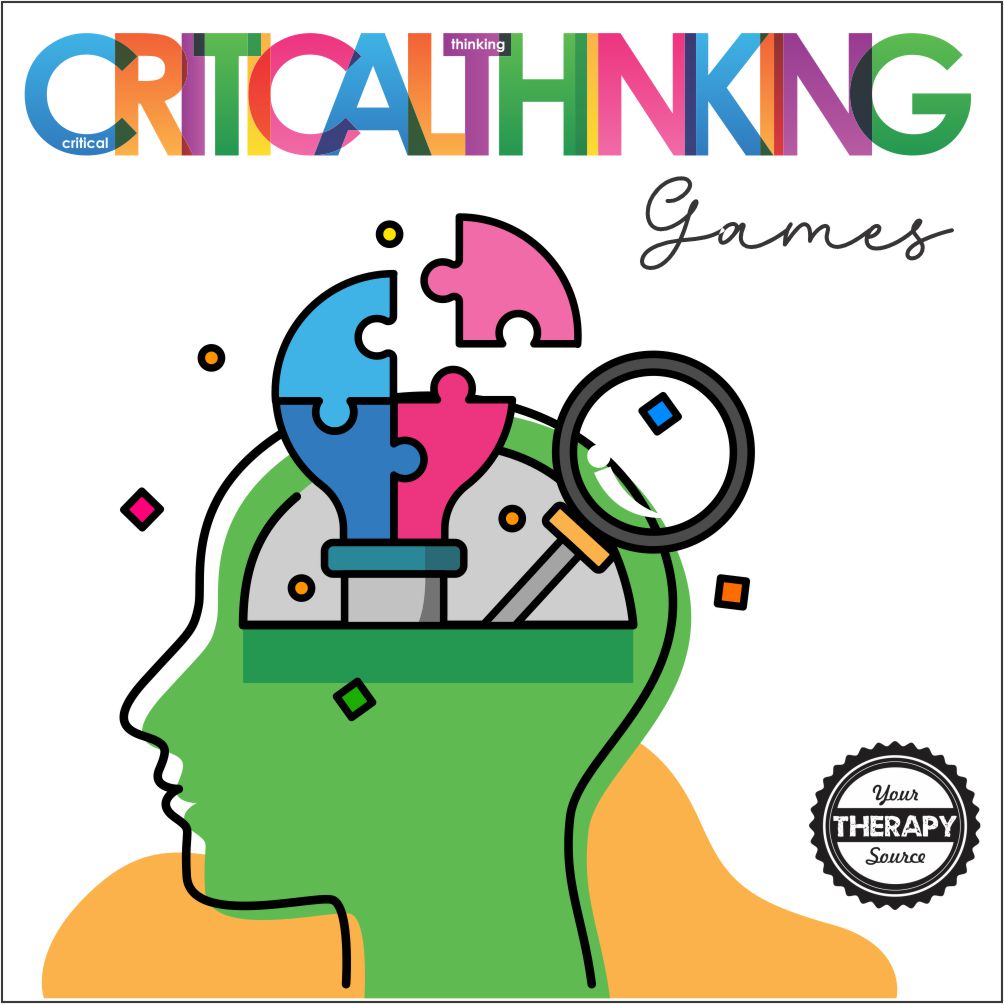Exercise, ADHD Symptoms and Executive Functions
ADHD, or Attention Deficit Hyperactivity Disorder, is the most common neurodevelopmental disorder among children and adolescents. It has three types based on symptoms: predominantly inattentive (ADHD-I), predominantly hyperactive-impulsive (ADHD-HI), and combined (ADHD-C). About 5% to 10% of adolescents are affected, with boys being twice as likely as girls to have ADHD. Approximately half of these […]










